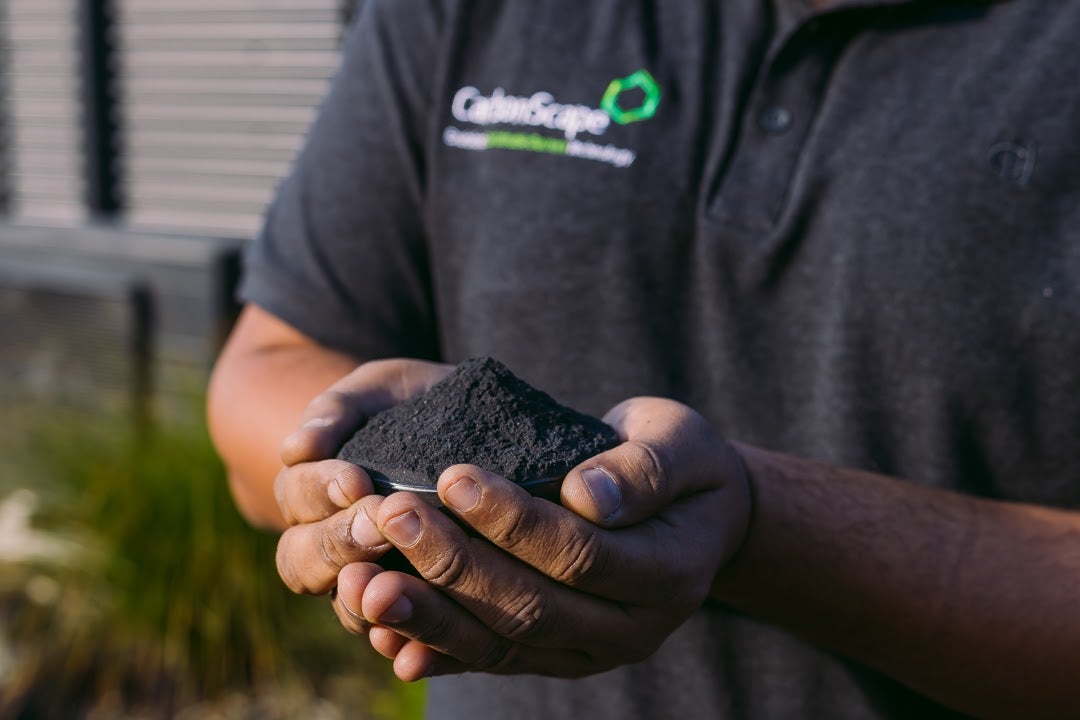
Biomass developer Stora Enso, along with other partners, will invest $18m in New Zealand-based biomaterials producer CarbonScape for its biographite technology.
According to a press statement from CarbonScape sent via email to Power Technology, the funds will be used to establish commercial production of biographite, a sustainable alternative to graphite, a critical material used in lithium-ion (Li-ion) batteries, in Europe and the US.
CarbonScape’s biographite technology, now almost ready to scale up, comes after seven years of development and testing. The production process uses timber and forestry industry by-products such as wood chips. The result is a “cleaner, competitive and more secure” raw material ready for use in the global energy transition market.
Approximately half of a Li-ion battery is comprised of graphite. Current supply chains are wholly reliant on synthetic or mined graphite, which requires fossil fuel feedstocks and high-emission processes to produce. Graphite production is also one of the largest CO₂ emitters within the battery raw materials supply chain and represents a significant proportion of the cost of a battery, according to CarbonScape.
As the electrification of whole sectors begins to ramp-up in line with global net-zero targets, demand for graphite is set to outstrip supply within the next few years, with recent analysis from Reuters forecasting a deficit of 777,000 tonnes per year by 2030.
Meeting predicted demand for batteries with synthetic graphite would require more than tripling existing production capacity, CarbonScape said, which in turn would significantly increase the use of fossil fuel feedstocks. To use mined graphite would require almost 100 new mines, Reuters reported in June.
According to CarbonScape, by using faster, less carbon-intensive processes, biographite could produce enough raw material to meet half the total global projected graphite demand for electric vehicle (EV) and grid-scale batteries by 2030.
Ivan Williams, CEO of CarbonScape, said: “CarbonScape’s biographite enables the establishment of localised battery supply chains from the ground up. If we are to truly move away from fossil carbon and power our economies through mass electrification, we urgently need sustainable alternatives like biographite to scale quickly.
“This investment represents a strong statement of support for sustainable sourcing of battery materials for global decarbonisation. With these partnerships, CarbonScape is another step closer to bringing biographite to market on a commercial scale.”
Biographite could enable battery manufacturers to cut the carbon footprint of each battery by almost one third, CarbonScape said, potentially reducing sector emissions by more than 86 million tonnes of CO₂ per year by 2030.
Biographite production can also be localised to EV and battery manufacturing plants, integrating domestic and regional supply chains, and reducing the need for countries to compete for raw mineral supplies.



